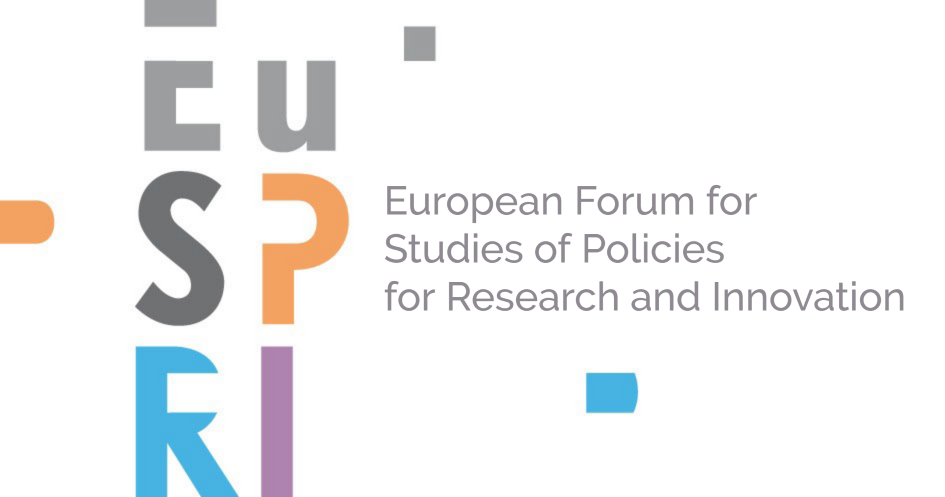Brandão, Tiago (Curitiba (BR) NOVA FCSH | UFABC)
‘Counter-Hegemonic’ Policy-Frameworks for Innovation
Authors: Tiago Brandão, Rick Hölsgens
Keywords: Common Innovation, Convivial Innovation, Grassroots Innovation, Social Innovation, Frugal Innovation.
Abstract:
The use of the term social is frequently (intuitively, although not exclusively) associated with promises of political transformation (for better outcomes, allegedly). The ‘social’ implies undertaking significant change towards the access to well-being and development for disadvantaged populations and communities. In addition, there are now many conceptualisations of (new and old) technologies combined with the ‘innovation-speak’ of our era (Vinsel & Russel, 2020); there are even some available conceptualisations that seek to pair these promises of technoscience with (historical) social problems, (local) community demands and (universal) societal goals of sustainability. Various groups are even calling for a ‚counter-hegemonic vision of innovation‘ (Pansera, 2023; Robra et al., 2023). When we analyse these concepts in detail, which are of imminent political use, we see a tension between transformation (for Better Worlds, implicitly) and the appropriation of the social, for the sake of a political rhetoric that is characterised either by a phenomenon of militant aspiration or by complex processes of business, entrepreneurial and corporate capture (Pel, 2015).
In this track, we welcome contributions that study counter-hegemonic policy frameworks for innovation. In recent years, there has been a proliferation of ‘X-innovation’ (Gaglio, et al. 2019), such as social innovation, frugal innovation, etc., oftentimes aimed at going against the dominant logic of Schumpeterian, techno-economic innovation. But how do these conceptions feature in policy discurses and how do counter-hegemonic frameworks of innovation influence innovation policy?
According to Edward-Schachter and Wallace (2017, p. 4), there are more than two and a half hundred definitions of social innovation in the specialised literature, and there is a great deal of variation in their content, especially in policy documents and political statements. Living in times where these concepts are being hyped everywhere, for the purposes of policy formulation and the launch of Technology (and Innovation) strategic programmes, we believe that it would be timely to conduct a systematic review and clear delimitation of those policy conceptualisations, their different influences (e.g., Gandhi, 1909; Lévi-Strauss, 1962; Schumacher, 1973; Illich, 1973; Yunus, 1998; etc.), the convergences, and the irrespective differences in emphasis.
The oscillation of the content around innovation is accompanied by a proliferation of conceptualisations that point to alternative practices and policies regarding the development of technology and its democratisation, both in terms of its use and its production. In Latin America, for some decades already, the concept of Social Technology (Dagnino, 2004, 2009, 2011) has been used (and expanded) for two generations (more recently, there is even a new proposal of a ‘solidary technoscience’ another brand on the horizon). (Dagnino, 2019, 2020) In Asia, there is already an abundance of literature on the phenomenon of innovation, like Bhatti et al. (2018) on frugal innovation (Leliveld et al., 2023) and even jugaad innovation (Radjou et al., 2012a, 2012b) – in Asia, inspired by the Chinese approach to innovation, there is also an emerging literature on secondary innovations (Wu, 2020). In Europe, along the lines of “doing more with less” (Goulet & Vinck 2022, 2023), we also find several proposals for social entrepreneurship (i.e., ’social business‘, cf. Rory-Duff & Bull, 2019) instrumentalising the concept of social innovation. The literature on grassroots innovation has also lived on some hype in the Global South (Seyfang & Smith, 2007; Smith et al., 2012), in South America, Africa and the far East. (e.g., Azevedo et al., 2018; Sheikh, 2011) Among the many others that one may discuss (e.g., mundane technology, inclusive innovation, common innovation, convivial innovation), in this track, we seek expand and build upon debates around the proliferation of these concepts, their momentum, and the experiences they have given rise to, both in terms of the social movement, the technological trajectories involved, and in terms of both political formulation and policy experimentation.
In sum, the aim of this track is to begin a systematic comparison of those policy-frameworks (according to Godin, 2009), that have been shaping for several years already an activist praxis – and, more occasionally, the formulation of policies on Technology and Innovation over the last 20-30 years. With promises of counter-hegemony transformation ‘for Better Worlds’, those policy frameworks look to find alternative solutions to the Schumpeterian mantra of incessant innovation practices centred on business dynamics and corporate accumulation. Thus, we search to understand the kind of policy proposal, support programme and/or activist strategy that each of these concepts has been inspiring in the Global South.
